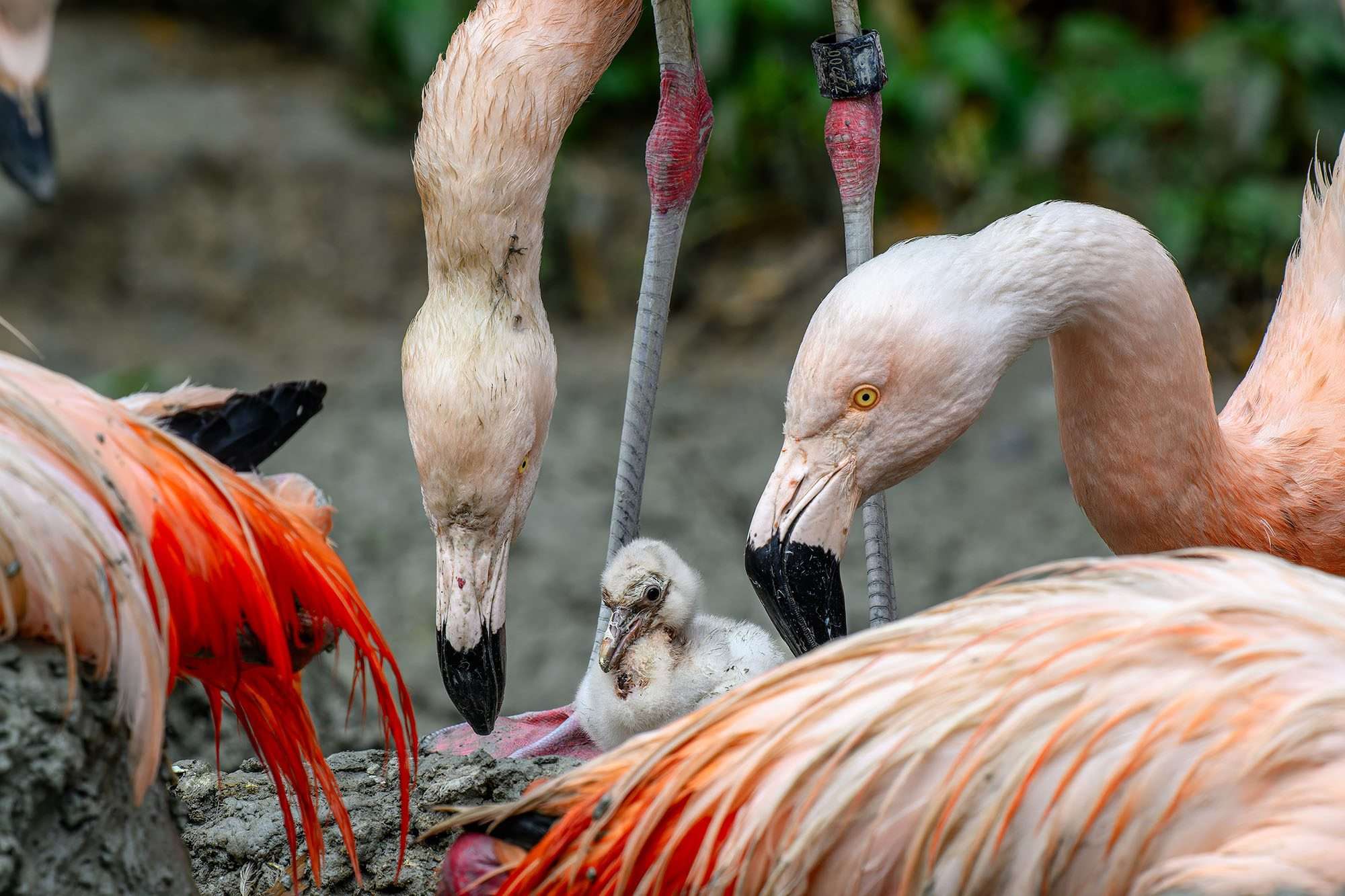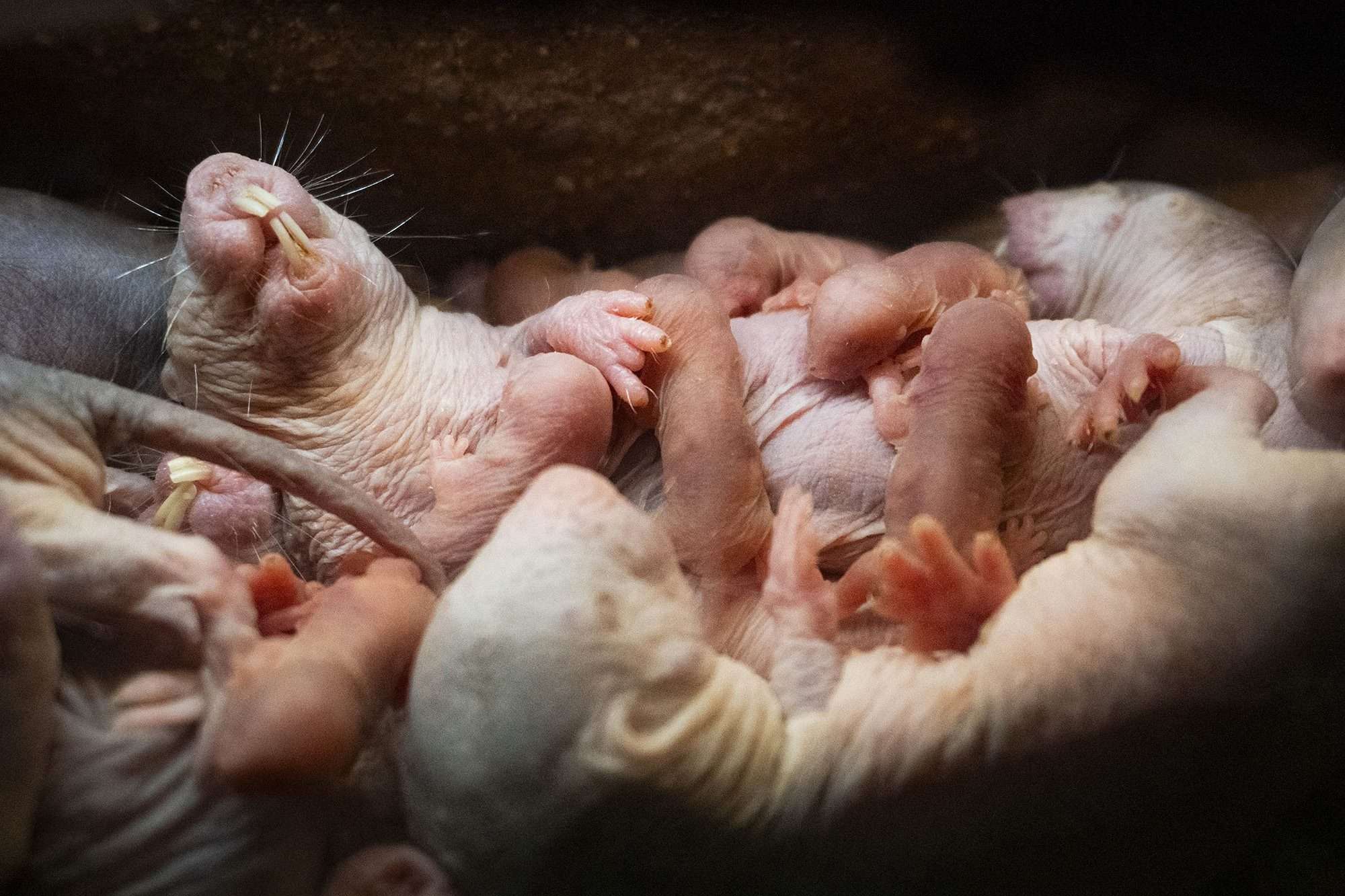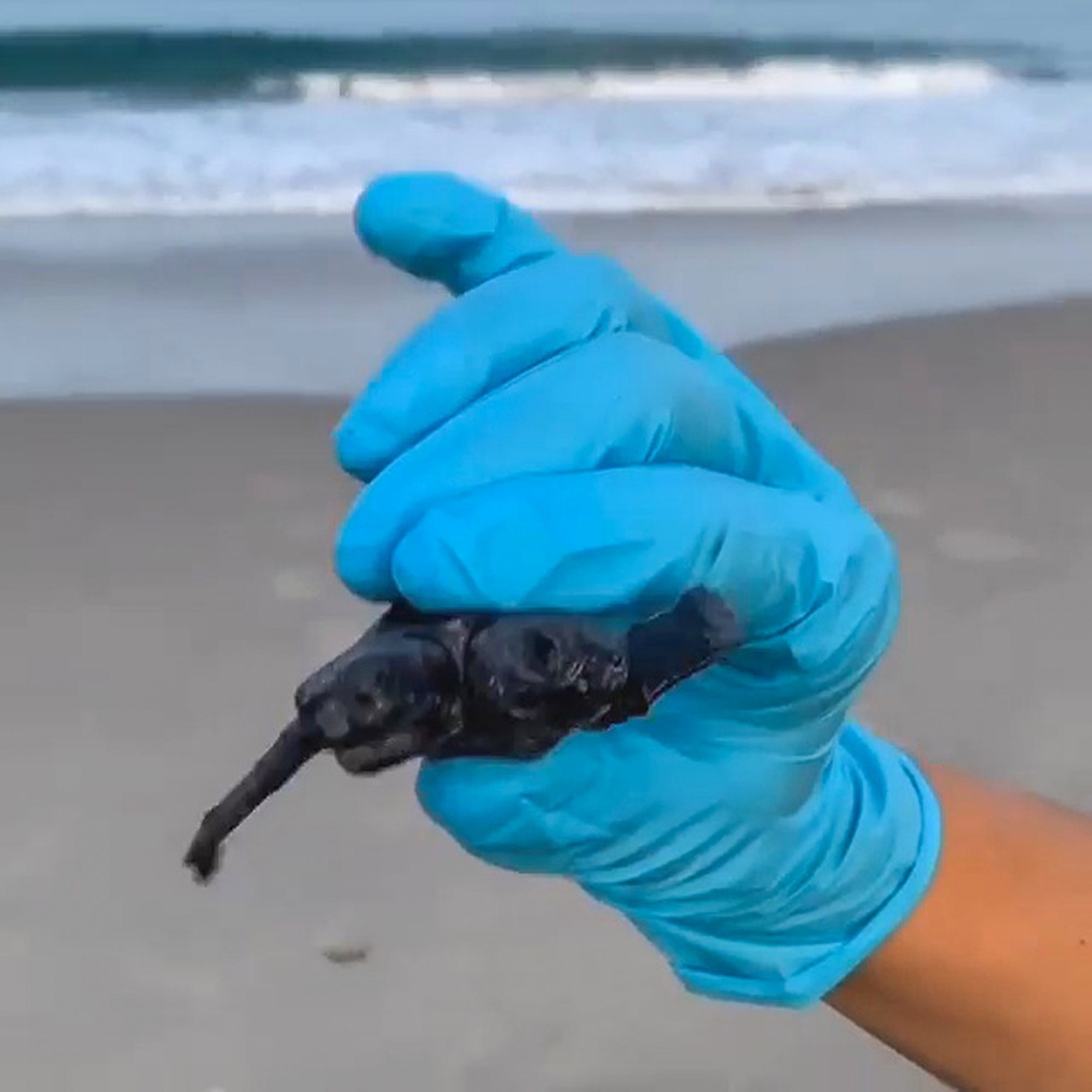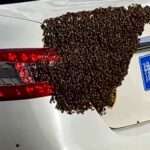An owner of a farm has received a GBP 36,000 fine after more than 100 million bees, some of which were endangered, died due to pesticide poisoning.
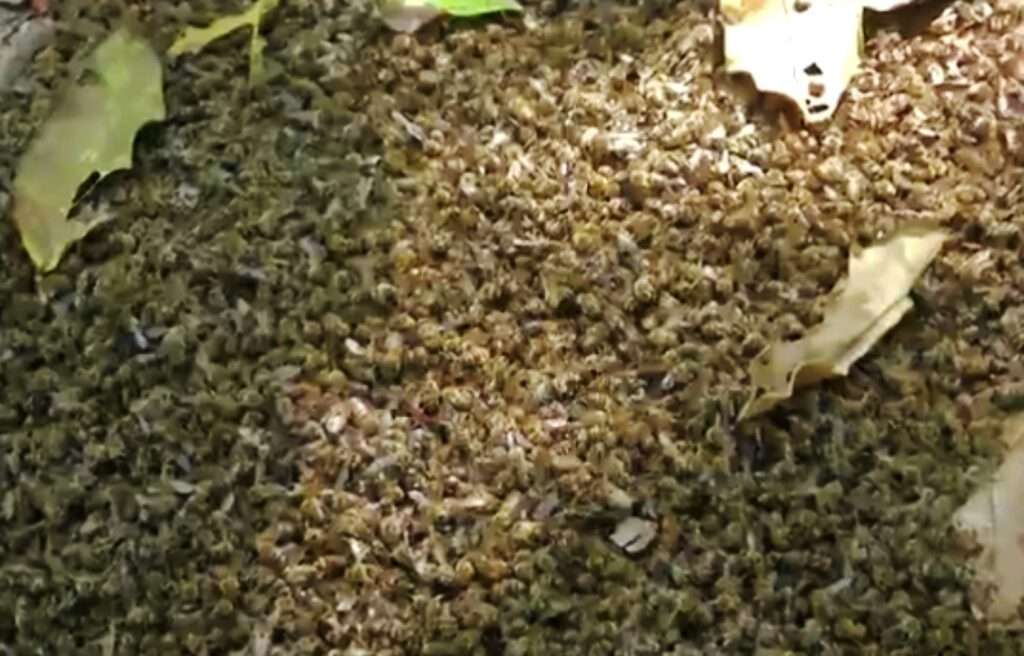
Investigations carried out by experts from the Agricultural Defense Institute in the state of Mato Grosso, Brazil, showed that more than 600 beehives were exposed to lethal doses of the insecticide fipronil.
The broad-spectrum substance – highly toxic to bees triggering agitation, seizures, tremors, and paralysis – was reportedly applied aerially despite such usage being strictly forbidden by authorities.
More than 100 million bees in the municipalities of Sorriso, Ipiranga do Norte and Sinop have died as a result, reports claimed.
Agronomist Rodrigo Vicenzi said: “The product has no record of aerial application, the agronomic recipe that was presented to us was for application in the soybean crop and it was also not for application on the property where we found the irregularity.”
Federal University of Mato Gross entomologist Marliton Barreto pointed out the consequences of reducing bee populations in the environment.
Barreto said: “We are dealing with pollinators that play a primordial role directly in our food, our support here in our life, so we have to maintain that.
“Especially when we are dealing with endangered species, the little that is lost is a lot.”

In addition to severely contaminating the environment, the misuse of the insecticide also left honey producers – one of which named Walter – at a loss.
Walter who had reportedly planned to produce ten tons of honey this year has now been left without a total of 230 hives.
He said: “We haven’t closed the accounts for the loss yet. I know that, for us to resume activity, it will take a long time.
“Maybe about five years to have what we already had, planned, day by day.”
The Brazilian Institute of Environment and Renewable Natural Resources argued that the misapplication affected four out of the country’s five endangered species.
They emphasised that failing to comply with the rules for the use of fipronil is an environmental crime.
The state’s Institute of Agricultural Defense of Mato Grosso forwarded the report to the Public Ministry and the Regional Council of Agronomy seeking civil, criminal and professional accountability.

